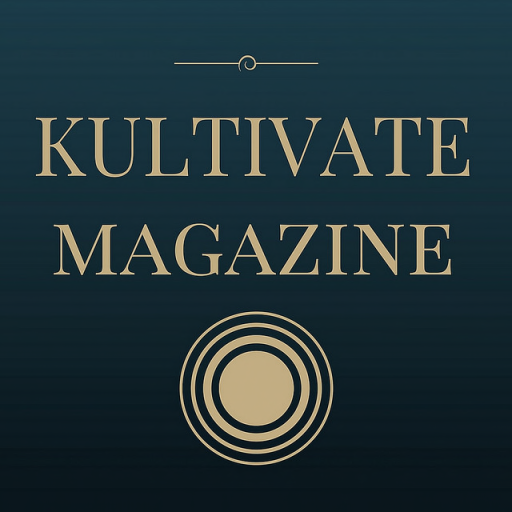
Pandora’s Box of sorts
was opened by the United Kingdom in the form of the “Enterprise and
Regulatory Reform Act” receiving Royal Assent for consideration as a law. Andrew
Orlowski, Executive Editor of the “Register”, a British technology news and
opinion website, dubbed it as the “Instagram Act“, and entitled it with the
phrase, “all your pics belong to everyone now”.
The clause raising
hackles is the “Orphan Works and...
























































